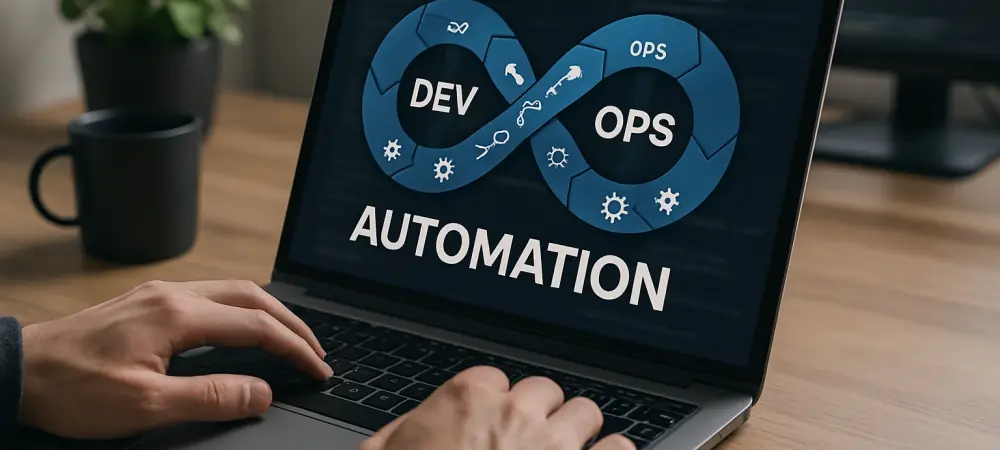System Initiative promises a breakthrough in infrastructure management with digital twins transforming how engineers handle complex environments. The technology’s potential to simplify operations and improve adaptability compels the industry to reconsider its entrenched practices. Are DevOps teams prepared to embrace these changes?
A Precarious State in DevOps Automation
Despite significant technological advances, DevOps struggles with outdated automation strategies. Current challenges in dealing with multicloud setups and maintaining extensive collaboration across diverse teams underline the pressing need for innovation. These obstacles persist, illustrating a sector at a pivotal juncture, poised either for growth or stagnation.
Behind the Scenes: Infrastructure as Code’s Limitations
Infrastructure as Code (IaC) tools, such as Terraform, revolutionized automation by providing scalable, declarative management capabilities. However, they face limitations in today’s dynamic environments. Historical reliance on IaC has led to complexity, with case studies showing infrastructure maintenance becoming unwieldy, questioning its efficacy in keeping pace with modern demands.
Turning Point: System Initiative’s Radical Approach
System Initiative heralds a paradigm shift by incorporating digital twins and dynamic modeling into infrastructure management. Practical applications like Rocky Linux and Cloud Life demonstrate significant advancements, enhancing infrastructure oversight and collaboration. Yet, the adaptability of System Initiative sparks debate on its superiority over traditional, predictable IaC approaches.
Perspectives from Industry Leaders and Users
Adam Jacob, CEO of System Initiative, highlights the stagnant evolution of infrastructure automation and calls for reform. Testimonials from industry professionals reveal a divided sentiment; while some embrace System Initiative’s transformative potential, others remain skeptical, favoring IaC’s dependability. Jacob champions a model focused on eventual industry-wide adoption, reflecting on the need for embracing change.
Navigating the Automation Revolution: Strategies for DevOps Teams
For DevOps contemplating a transition, adopting System Initiative involves strategic planning. Teams must assess challenges, including developmental friction and limited cloud support. Successful integration requires frameworks that align with existing infrastructures, ensuring seamless adaptation that mitigates operational hurdles while fostering growth. In retrospect, System Initiative redefined infrastructure management by shifting away from static configuration files toward dynamic models, promising enhanced efficiency and reduced bureaucratic overhead. Yet, while its vision resonates with progress, industry readiness for widespread adoption ultimately relies on overcoming inherent integration challenges. For those seeking to reshape the DevOps landscape, embracing System Initiative could be a pivotal step toward more agile and responsive operations.

